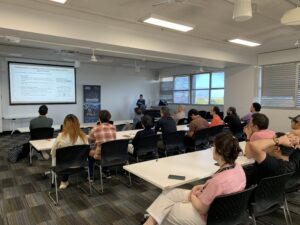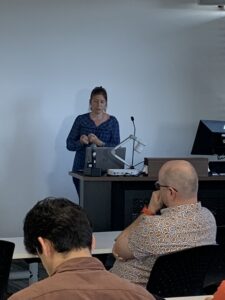The ARC Research Hub for Resilient and Intelligent Infrastructure Systems (RIIS Hub) is proud to celebrate the remarkable achievements of three of our outstanding researchers who have recently completed their PhDs at UNSW Sydney. These graduates have made significant contributions to advancing the frontiers of infrastructure resilience, construction monitoring, and structural health assessment.
🎓 Dr Ziang (Blake) Jiang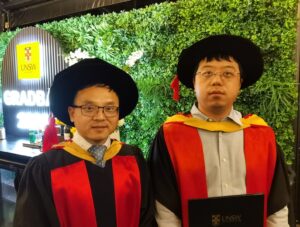
We extend our heartfelt congratulations to Dr Ziang (Blake) Jiang on the successful completion of his PhD. Pictured on graduation day with his supervisor, RIIS Hub Chief Investigator Associate Professor Johnson Xuesong Shen, Blake has made impactful contributions to the field of infrastructure monitoring.
His research focused on real-time construction progress monitoring for infrastructure projects. Through extensive field trials on transport infrastructure sites, Blake utilised terrestrial laser scanning (TLS) and handheld simultaneous localisation and mapping (SLAM) laser scanners to collect high-resolution spatial data. His work demonstrated the potential of integrating point cloud scan data with 4D Building Information Modelling (BIM) to enable timely and automated progress tracking on large-scale construction projects.
We wish Blake every success as he embarks on the next stage of his professional journey.
🎓 Dr Andres Felipe Calderon Hurtado
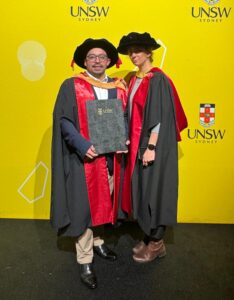 Congratulations to Dr Andres Felipe Calderon Hurtado on achieving his PhD! Andres has been a valued member of the RIIS Hub, where his research has focused on data-driven methodologies for structural health monitoring of bridges.
Congratulations to Dr Andres Felipe Calderon Hurtado on achieving his PhD! Andres has been a valued member of the RIIS Hub, where his research has focused on data-driven methodologies for structural health monitoring of bridges.
His thesis, “Development of Advanced Data-Driven Methodology for Bridge Damage Assessment Using Drive-By Bridge Inspection,” explored the use of vehicle-mounted sensors and unsupervised learning frameworks to detect and assess bridge damage through dynamic signal analysis. This innovative approach offers a scalable and efficient solution for bridge condition assessment, with the potential to transform how infrastructure is monitored and maintained.
We especially enjoyed seeing the graduation photo of Andres with RIIS Hub Chief Investigator Dr Mehri Makki Alamdari – a proud moment for both student and mentor.
🎓 Dr Mahdi Zakerzadeh
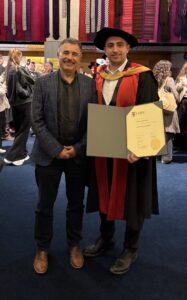 A warm congratulations to Dr Mahdi Zakerzadeh on completing his PhD in Civil Engineering. Mahdi’s research journey has been marked by dedication, innovation, and a strong connection to industry.
A warm congratulations to Dr Mahdi Zakerzadeh on completing his PhD in Civil Engineering. Mahdi’s research journey has been marked by dedication, innovation, and a strong connection to industry.
Supervised by Scientia Professor Nasser Khalili and Dr Babak Shahbodagh, and supported by industry partner Kypreos Group, Mahdi’s work has contributed to the advancement of road and pavement engineering. His research bridged the gap between academic inquiry and real-world application, exemplifying the RIIS Hub’s mission to deliver impactful, industry-relevant outcomes.
Mahdi’s reflections on the support of his supervisors, colleagues, and family highlight the collaborative spirit that underpins success in research. His graduation photo with Professor Khalili captures the pride and camaraderie shared by the RIIS Hub community.
We are incredibly proud of Blake, Andres, and Mahdi for their achievements and contributions to the RIIS Hub. Their success reflects the strength of our research community and the value of our partnerships across academia and industry.

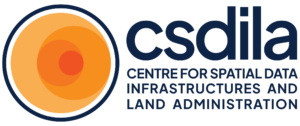
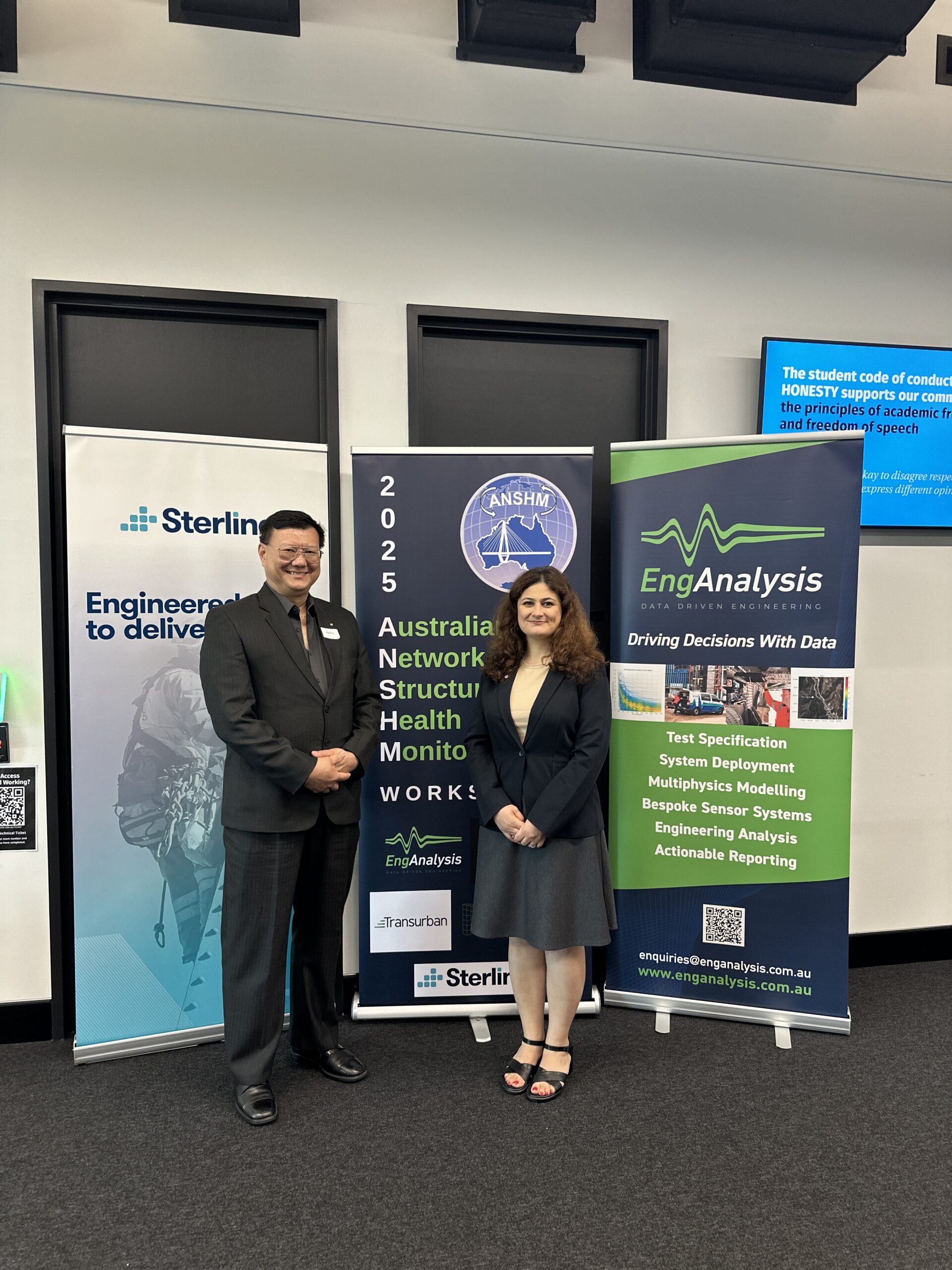
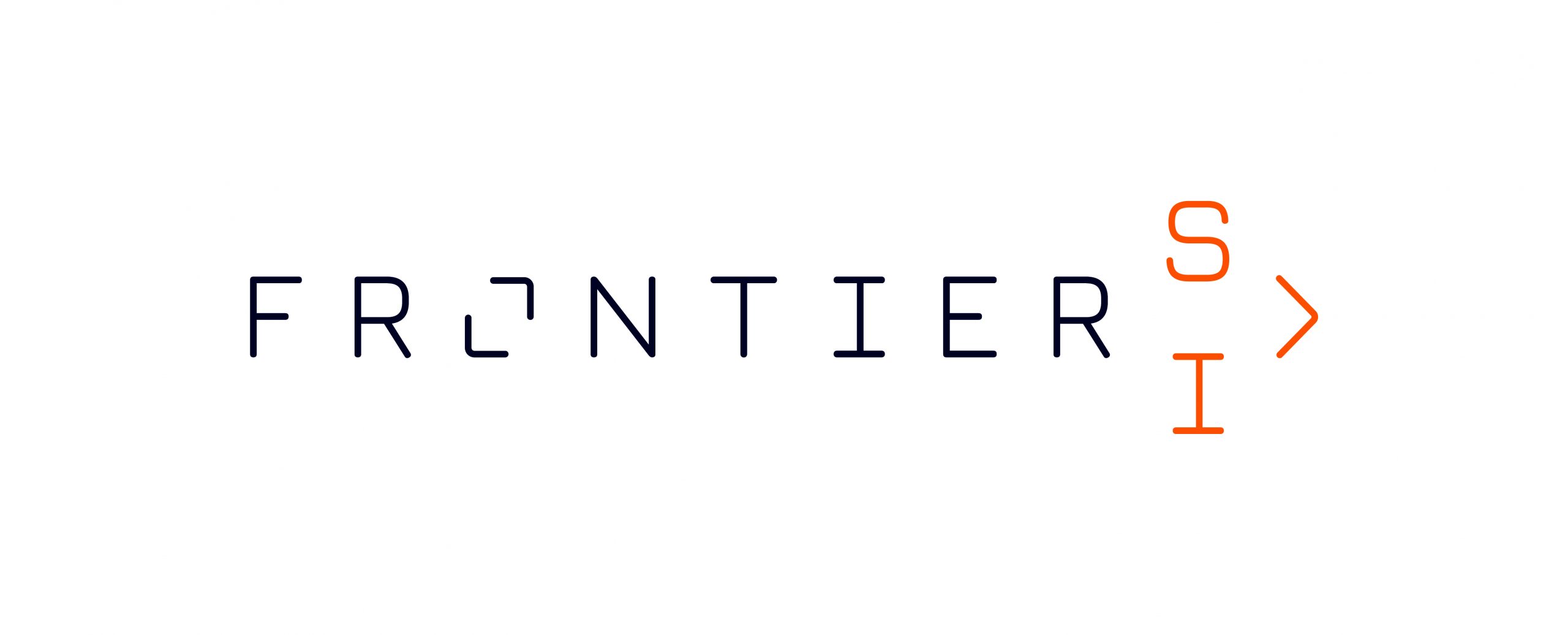
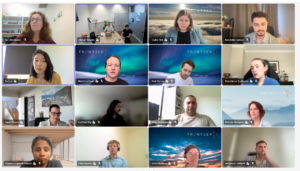



 Congratulations to Dr Andres Felipe Calderon Hurtado on achieving his PhD! Andres has been a valued member of the RIIS Hub, where his research has focused on data-driven methodologies for structural health monitoring of bridges.
Congratulations to Dr Andres Felipe Calderon Hurtado on achieving his PhD! Andres has been a valued member of the RIIS Hub, where his research has focused on data-driven methodologies for structural health monitoring of bridges. A warm congratulations to Dr Mahdi Zakerzadeh on completing his PhD in Civil Engineering. Mahdi’s research journey has been marked by dedication, innovation, and a strong connection to industry.
A warm congratulations to Dr Mahdi Zakerzadeh on completing his PhD in Civil Engineering. Mahdi’s research journey has been marked by dedication, innovation, and a strong connection to industry.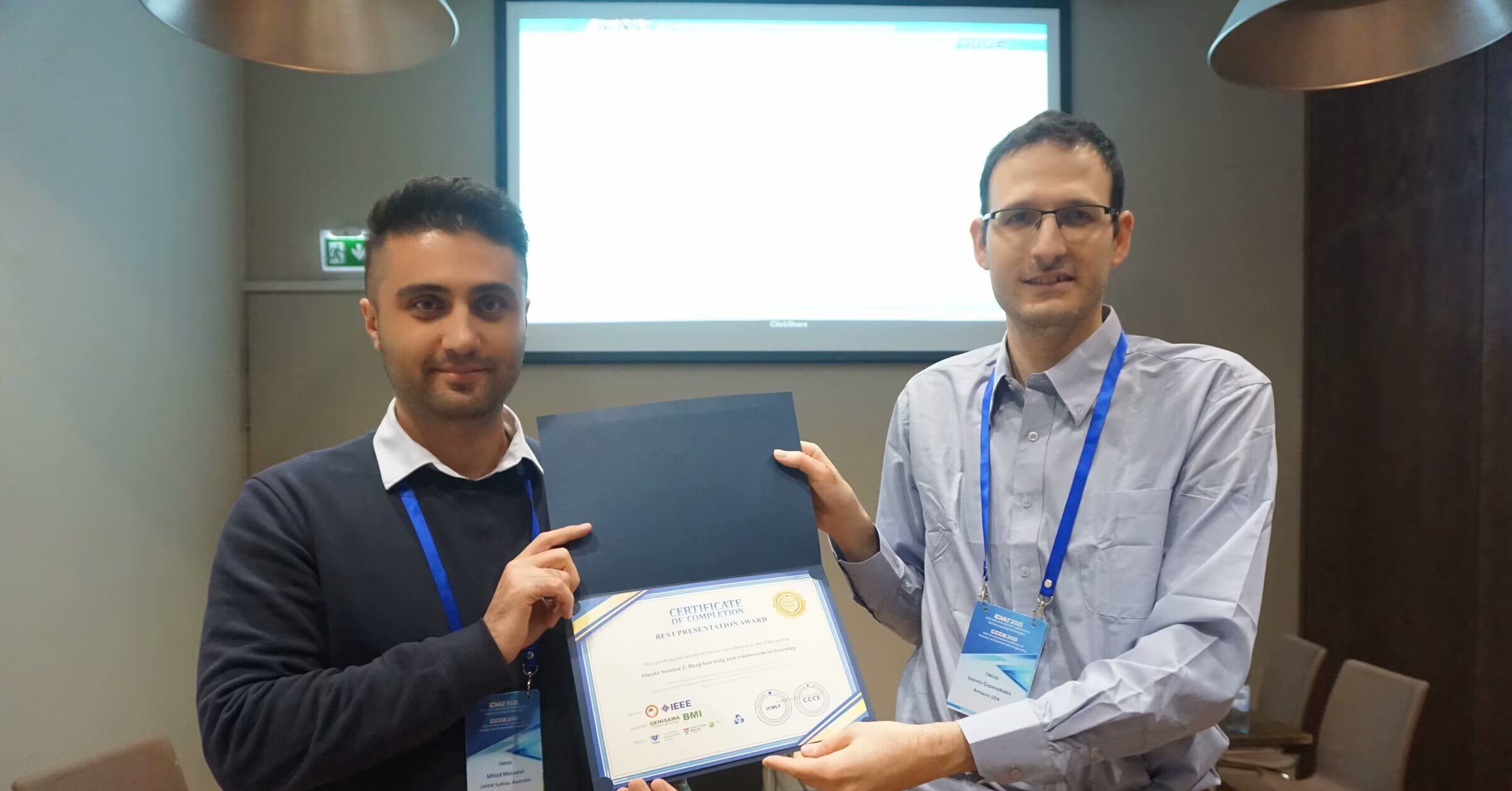
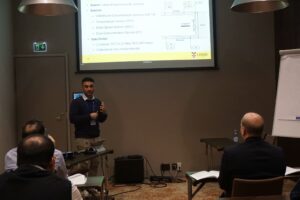
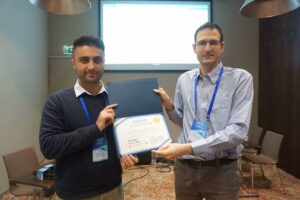
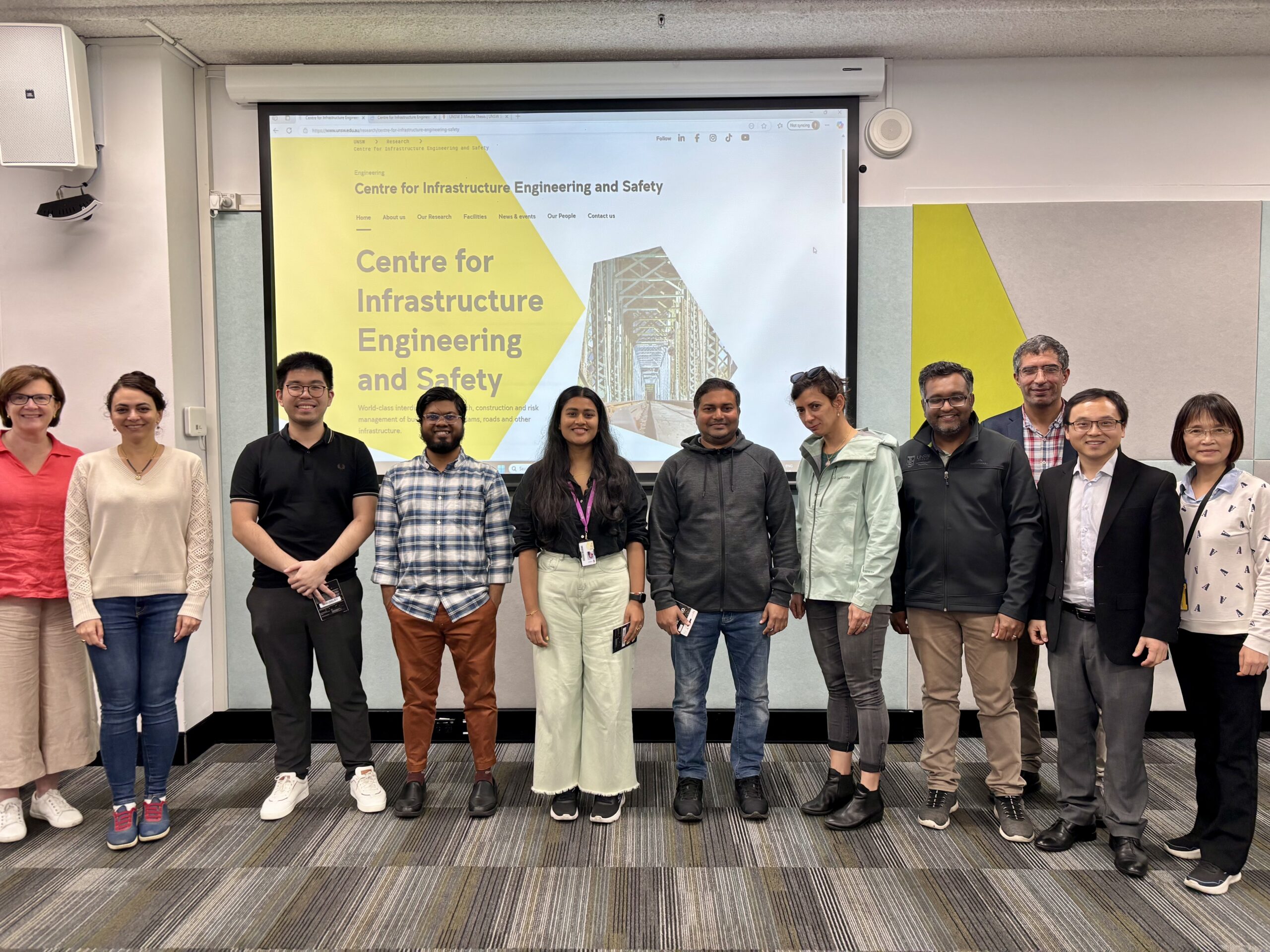
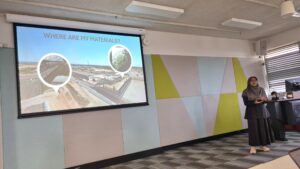 🔵 Higher Degree Researcher/PhD student
🔵 Higher Degree Researcher/PhD student 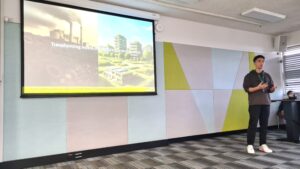
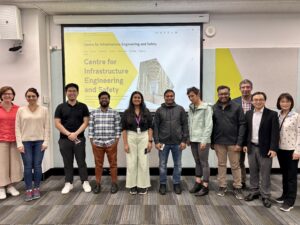
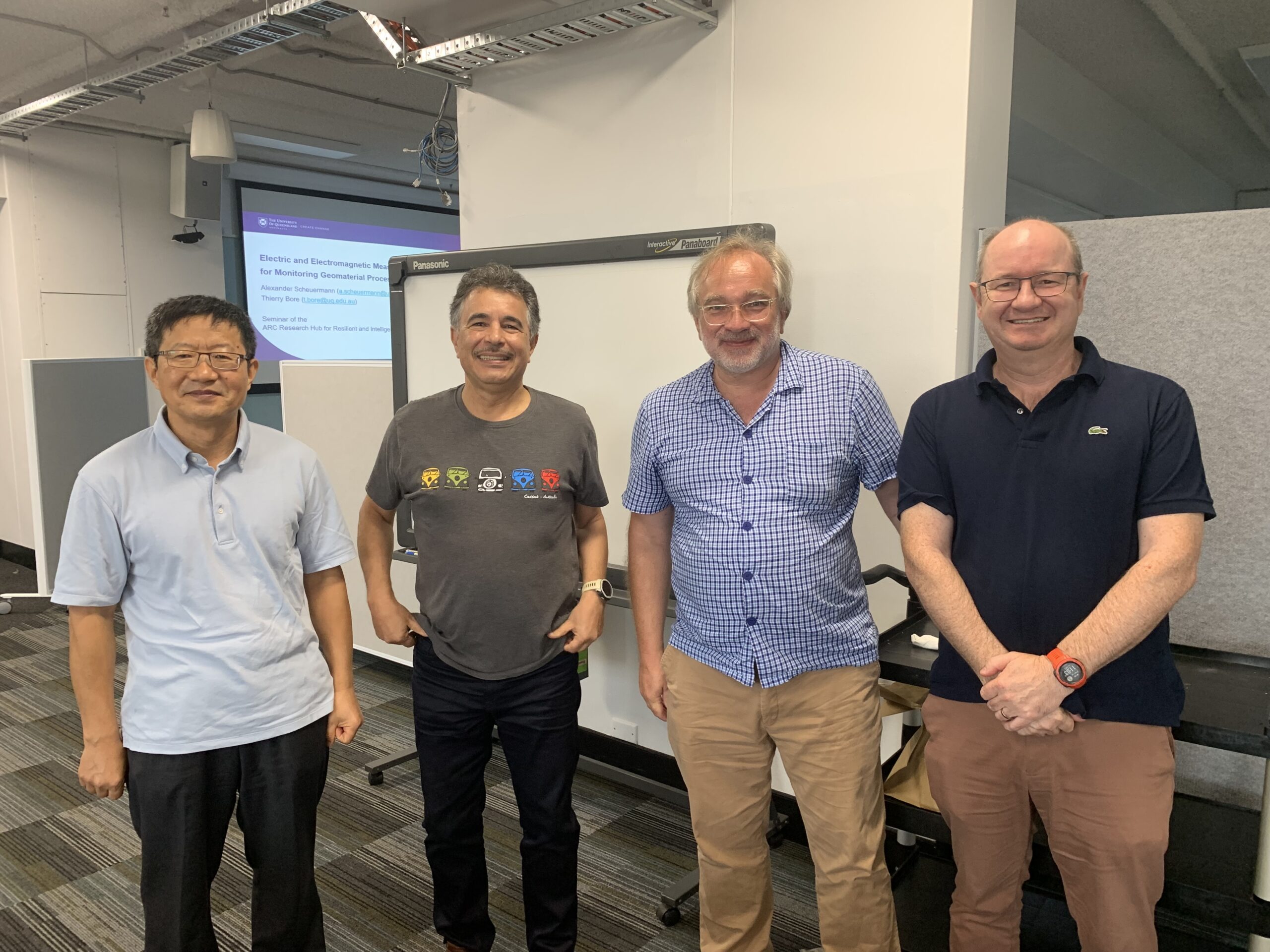
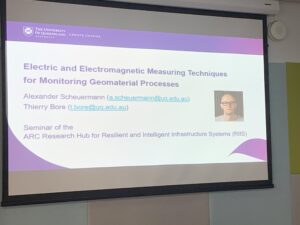
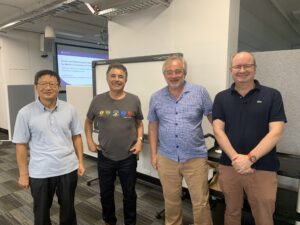
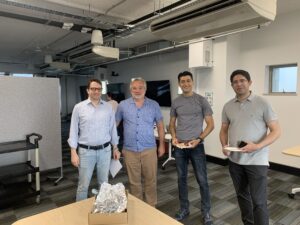
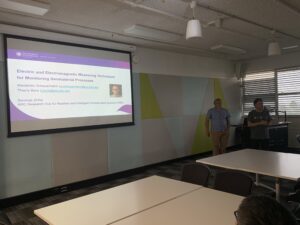
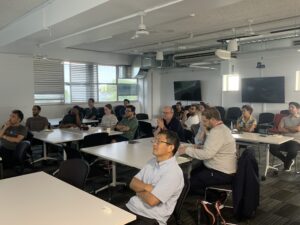
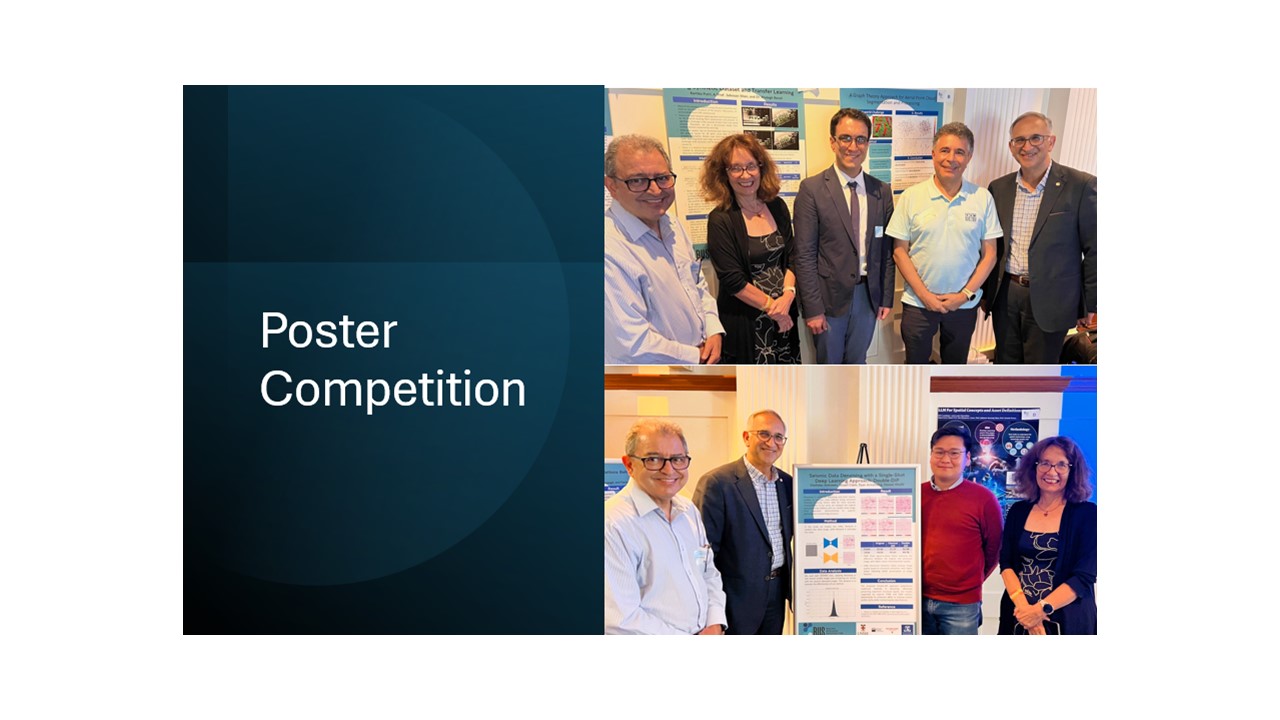
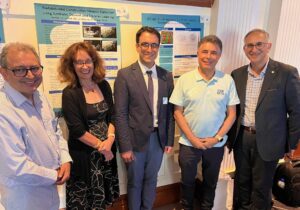
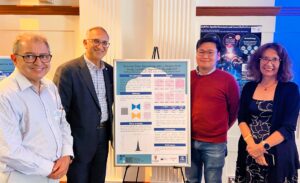
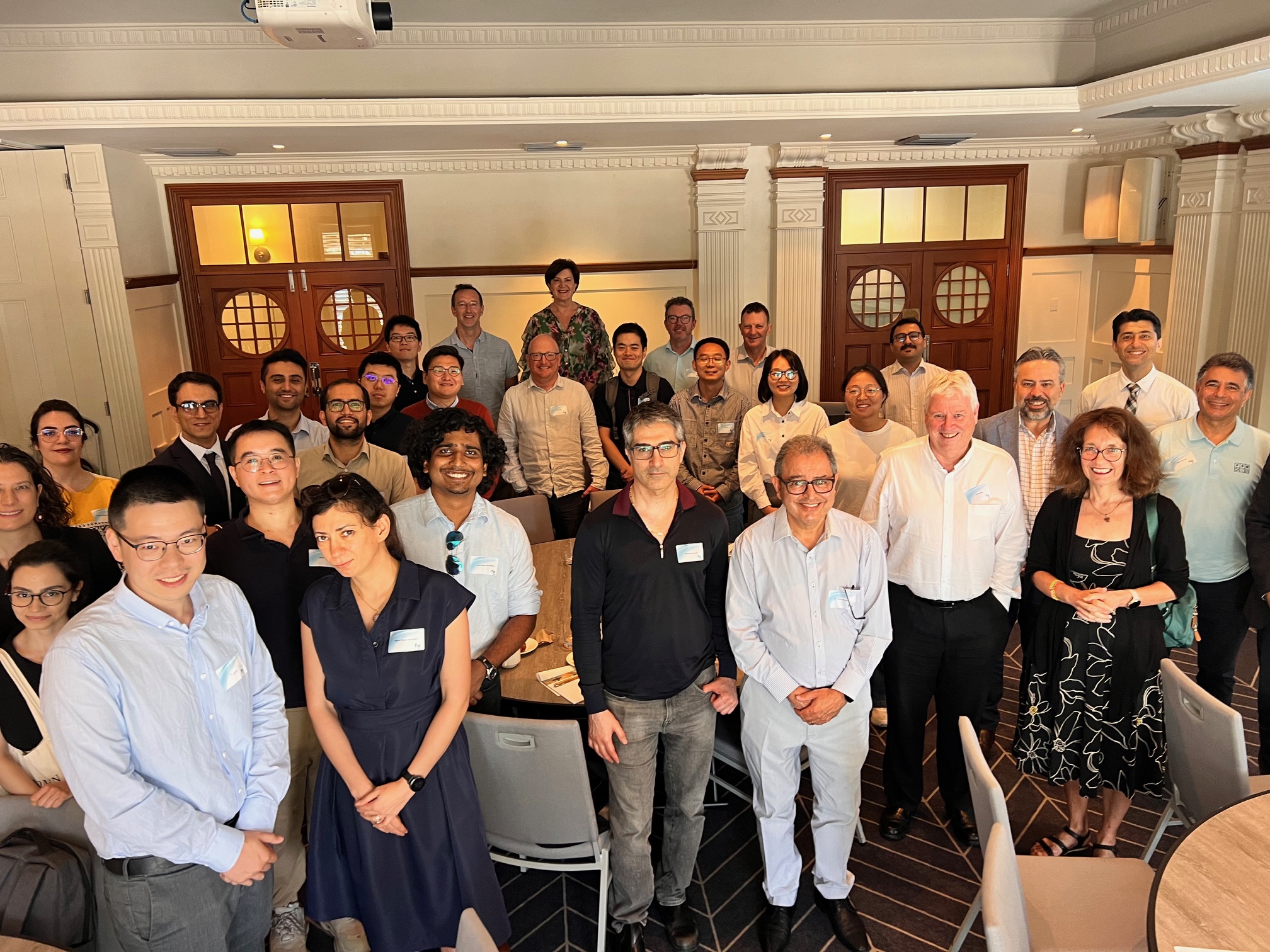
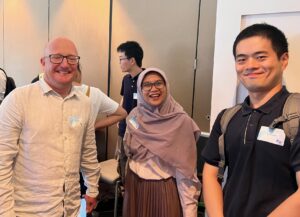
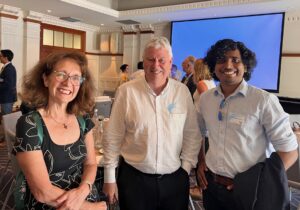
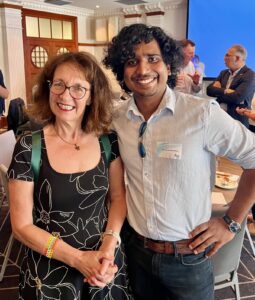
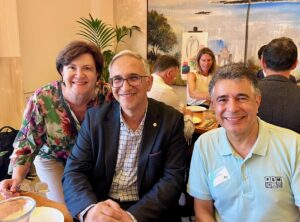
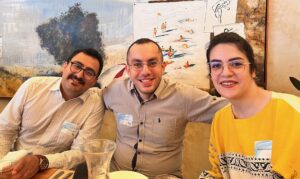
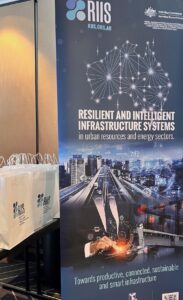
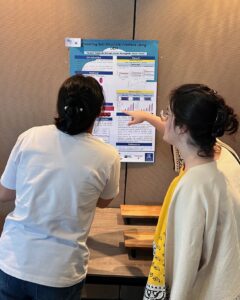
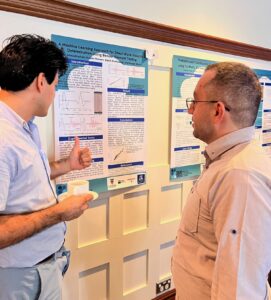
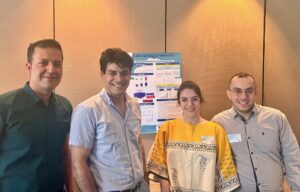
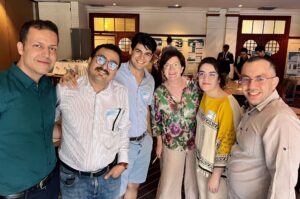

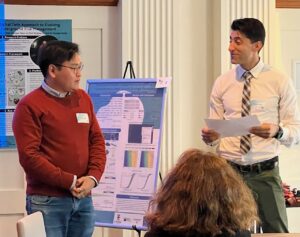
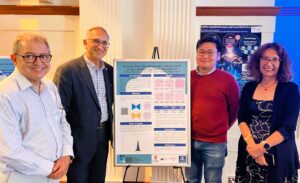
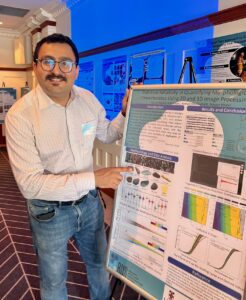
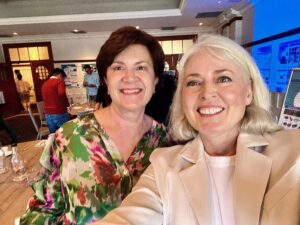
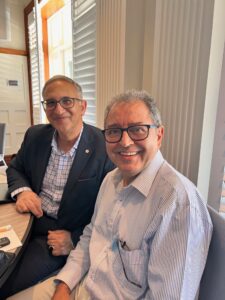
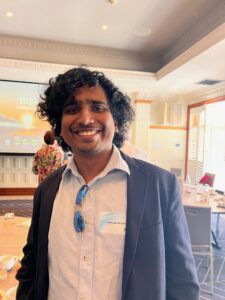
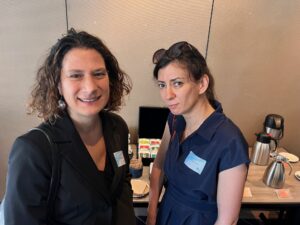
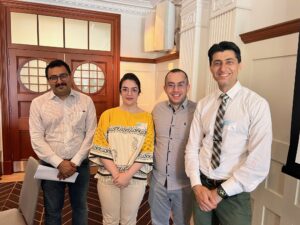
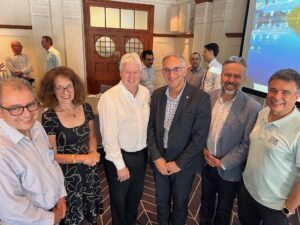

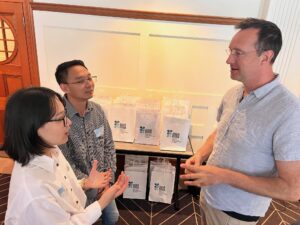
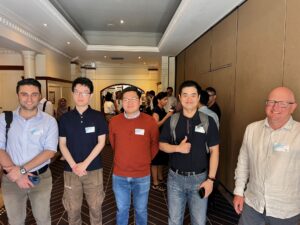
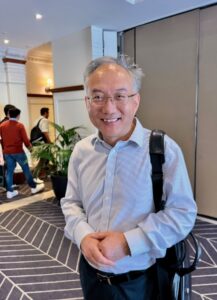
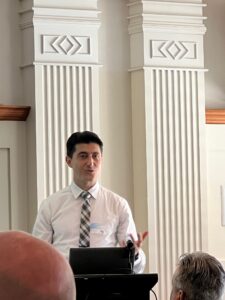
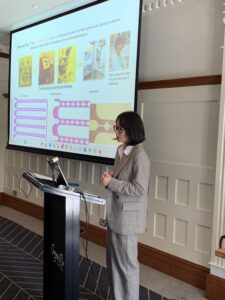
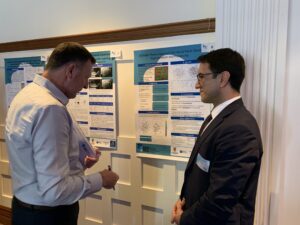
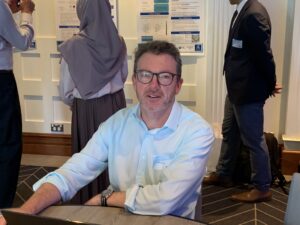
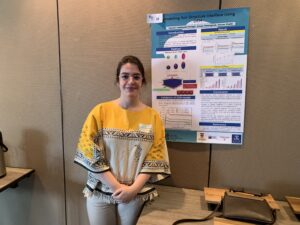

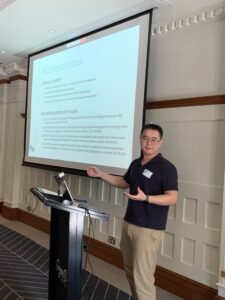
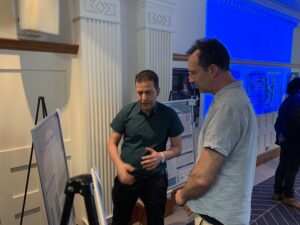
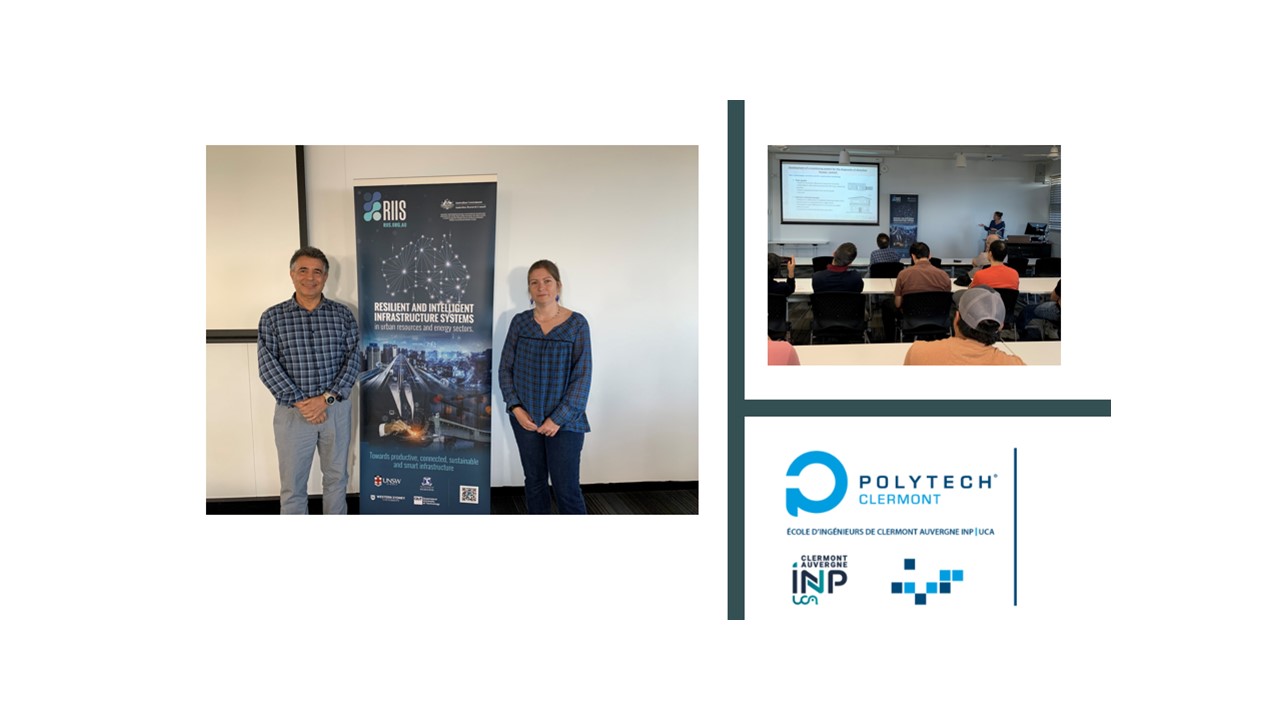
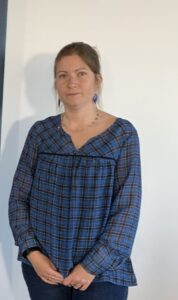 Australia is a land of ‘droughts and flooding rains’*, and when they occur soils can swell or shrink, which can result in damage to buildings and homes, and pose a risk to human life.
Australia is a land of ‘droughts and flooding rains’*, and when they occur soils can swell or shrink, which can result in damage to buildings and homes, and pose a risk to human life.